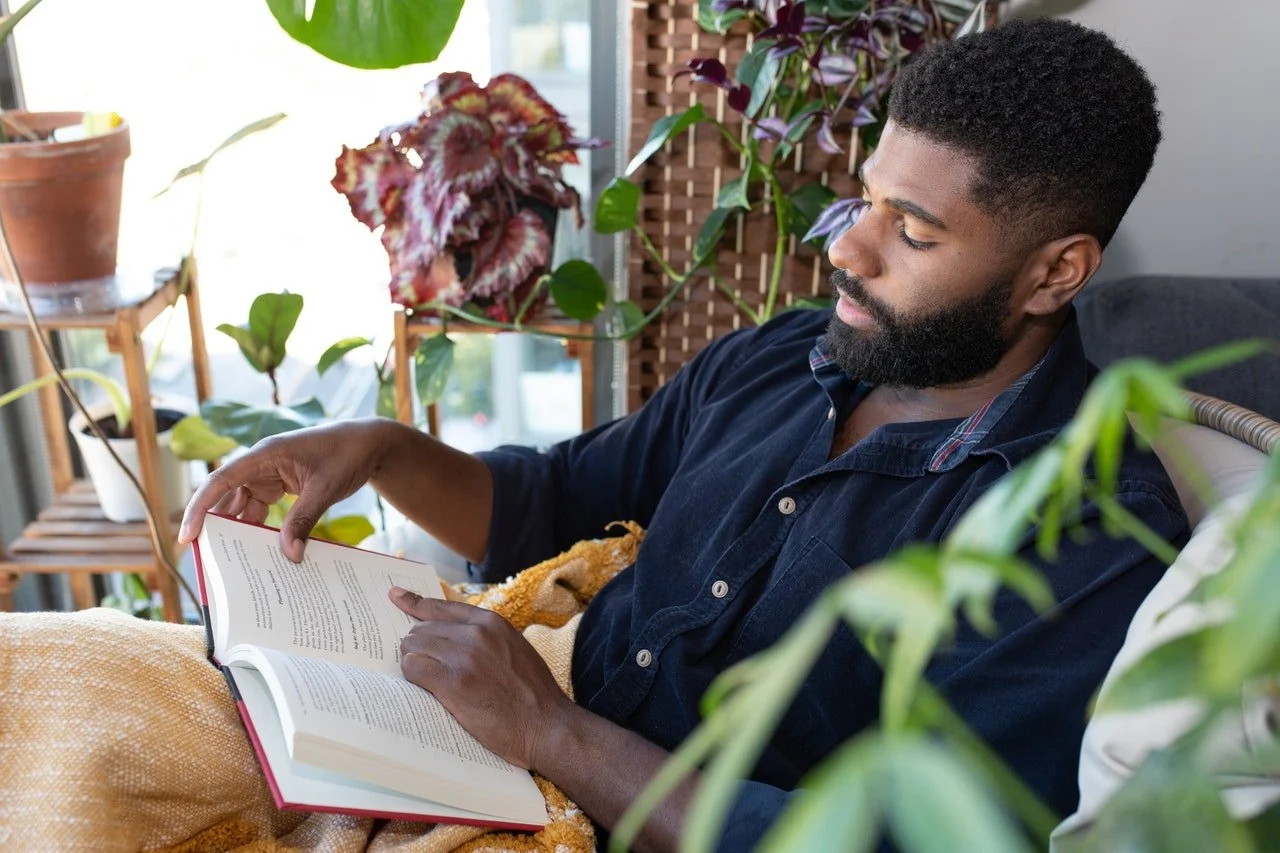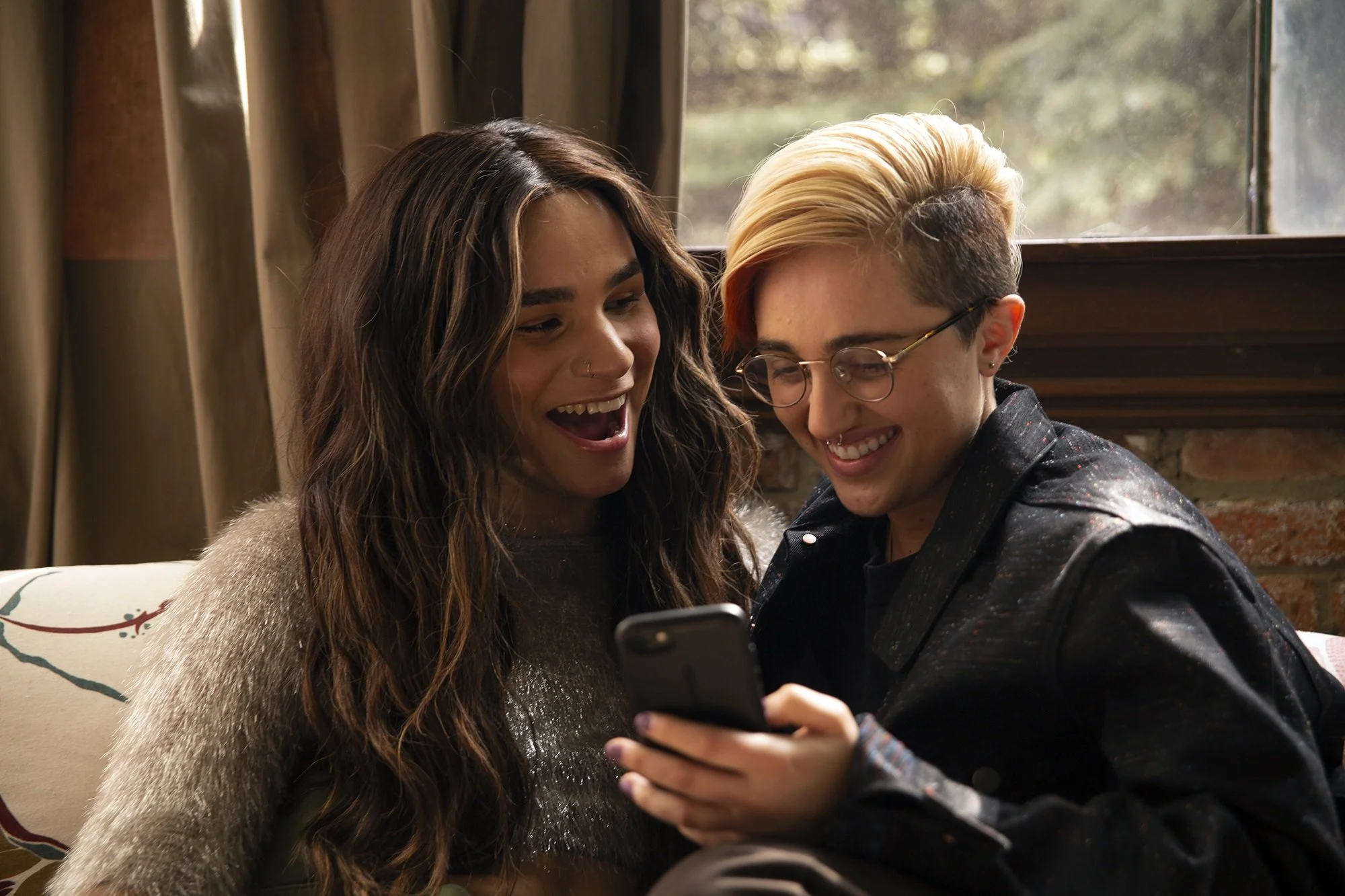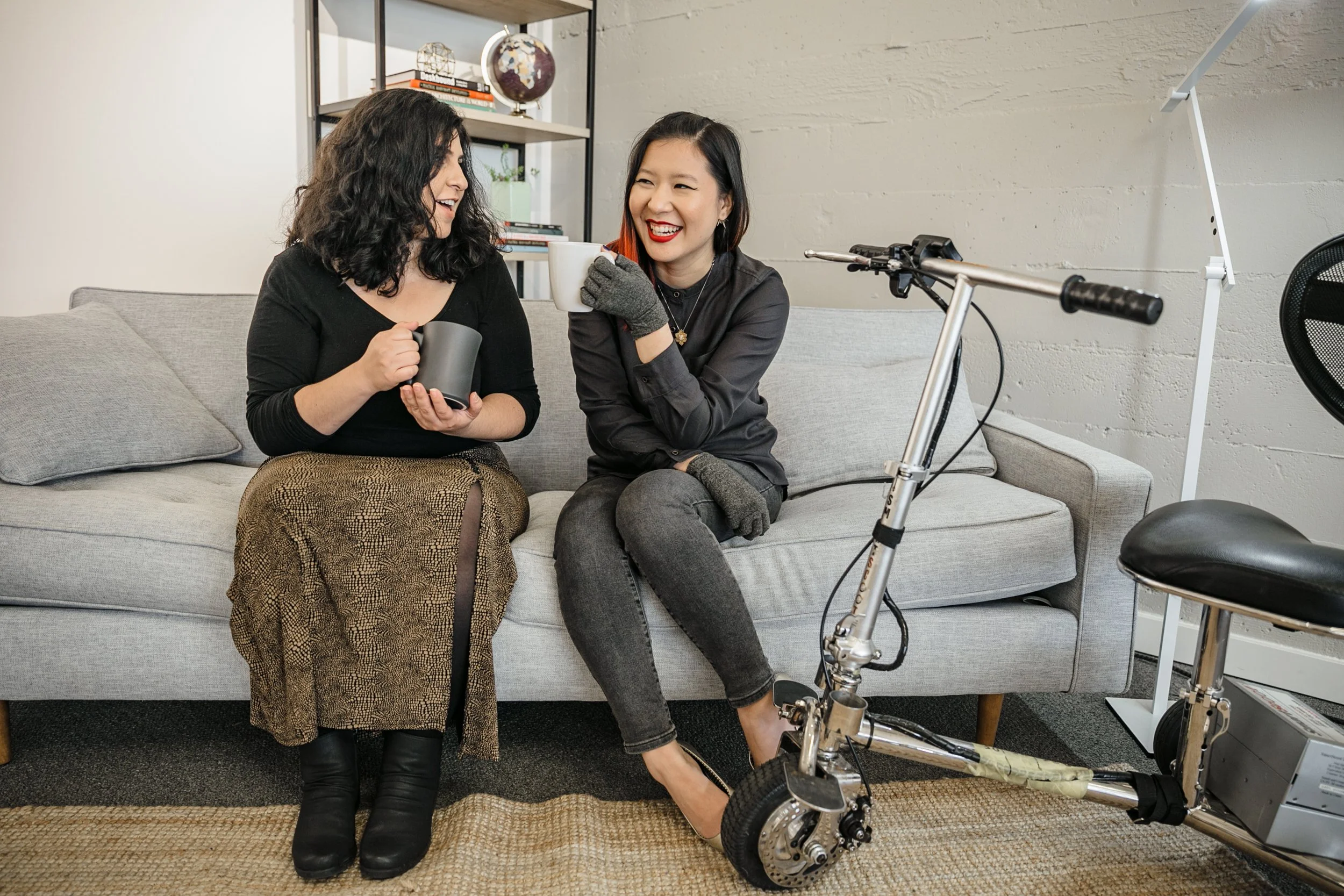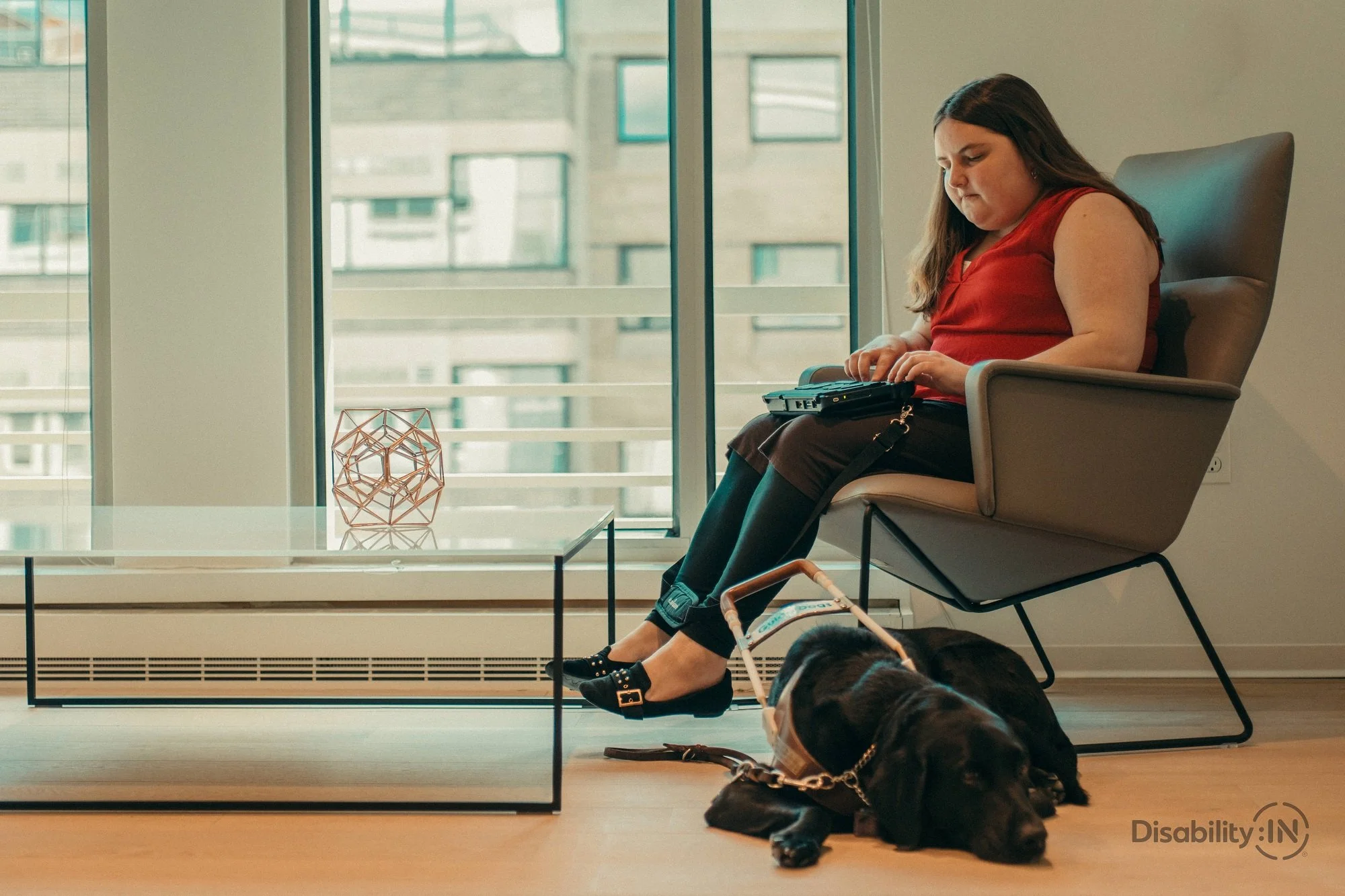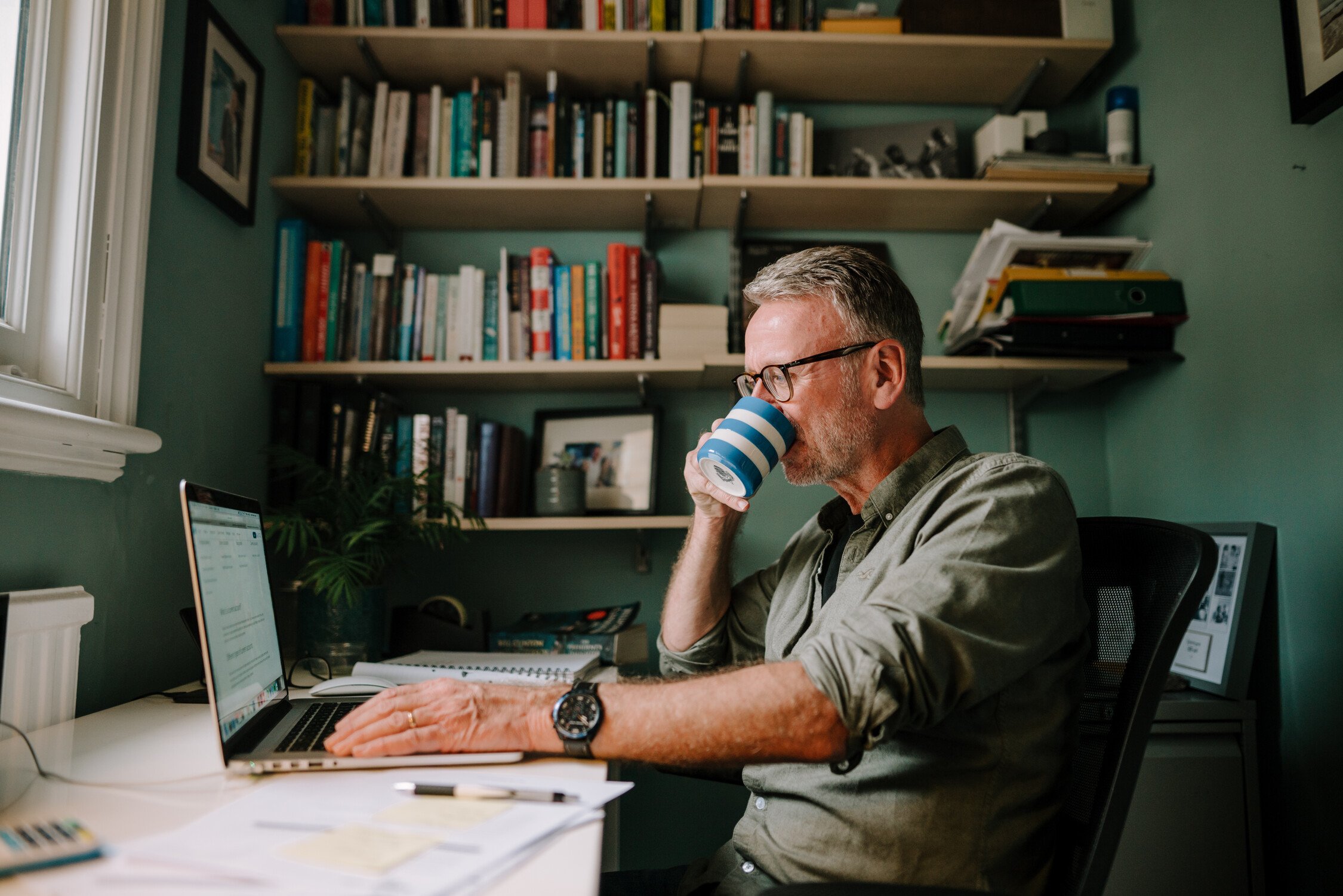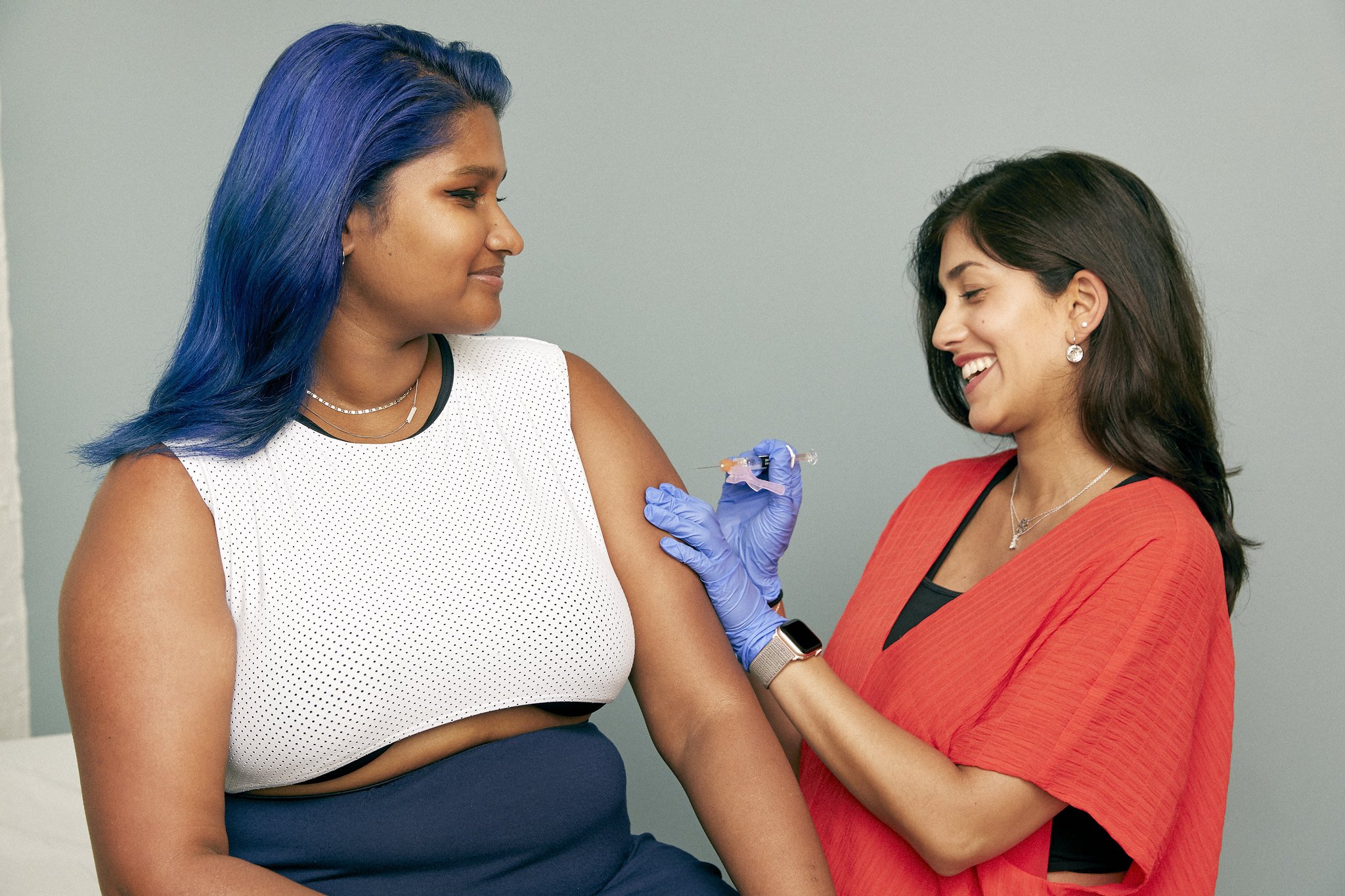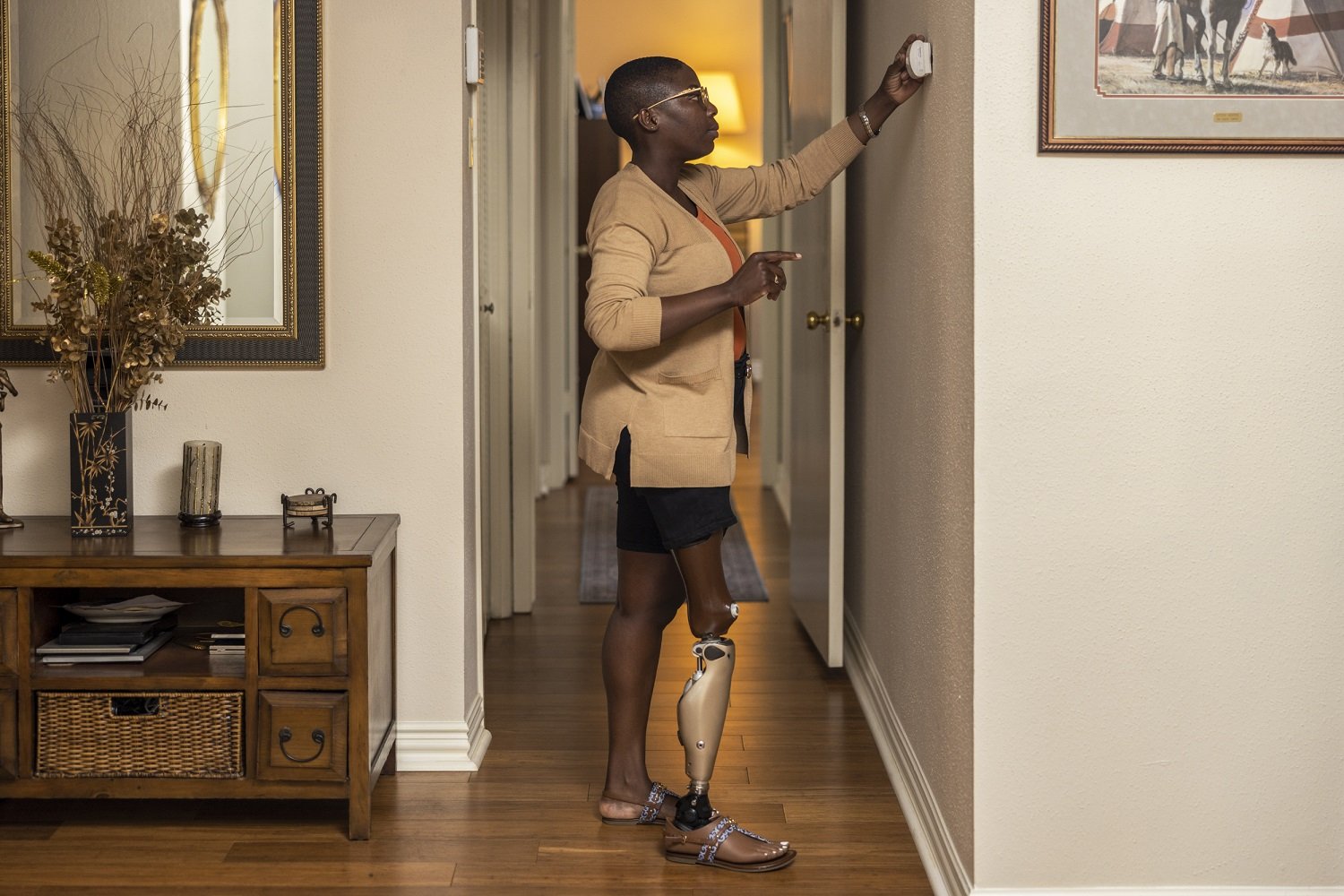Free Sources for Inclusive and Stereotype-Busting Stock Images
Updated May 22, 2023
Like a lot of people who work in publishing, I sometimes need images to go along with articles, blog posts, and general website content. And because I’m usually sourcing those images for a nonprofit with a small or nonexistent budget—or for my own blog—I make a lot of use of stock sites like Unsplash, Pixabay, and Pexels that host images you can use for free.
You can find some great photos on those sites, but one problem you’ll run into in almost any stock library is that a lot of images are pretty stereotypical and don’t tend to feature a lot of diversity. A huge number of the models are white, young, thin, and not visibly disabled, and some of the compositions aren’t exactly natural—there’s a reason “women laughing alone with salad” became a long-running meme. That’s why whenever I find a new site with free-use images that show underrepresented groups in positive and stereotype-free ways, I immediately add it to my bookmarks.
Since these resources can be few and far between, I wanted to collect some of them here to help other people find them too. I hope you’ll use them not just when you want to illustrate an article that’s specifically about one of the marginalized identities represented here but for any kind of content—the world is a diverse place, and it’s important for general-interest media to reflect that.
Note that licensing varies from site to site; some require a credit or don’t allow commercial use, while others have no restrictions at all. But they’re all free to use within their respective licensing restrictions. Many also include descriptions on the photo listing pages that make filling in alt text and other accessibility features that much easier.
Nappy
The creators of Nappy launched the site “to provide beautiful, high-res photos of black and brown people to startups, brands, agencies, and everyone else.” Whether you’re looking for images of happy families, businesspeople (including the #WOCinTech collection), yogis, natural hair, or just disembodied hands with coffee cups or laptop keyboards that happen to not be white, there are some great options here.
All photos are copyright free under a Creative Commons universal (CC0) license.
Vice Gender Spectrum Collection
Vice writes, “Transgender and non-binary people are likely more visible in mass media today than ever before in history, but they’re often portrayed in ways that are misrepresentative, and at times outright destructive. Because only 16 percent of Americans say they know a transgender person, the majority of Americans understand what it means to be trans through the media they consume, making media imagery depicting transgender people particularly significant.” The Gender Spectrum Collection provides over 180 free images featuring trans and nonbinary models in a range of contexts, including work, school, relationships, health, and more.
The photos are available for use under a Creative Commons noncommercial attribution license.
Disabled and Here Collection
Positive images featuring models with visible disabilities can be hard to come by—and the pool shrinks even more when you’re looking for models of color. Enter the Disabled and Here Collection from Affect, “a disability-led effort to provide free and inclusive images from our own perspective.” This library features both photos and illustrations in four categories: Community, LGBTQ+, Living, and Social Justice.
The images are provided under Creative Commons attribution licensing.
Disability:IN
Another resource with a disability focus, this small collection of stock photos shows people in professional business settings—a context that often leaves out folks with disabilities. Although the images are available for anyone, Disability:IN specifically encourages companies to use them in recruitment and marketing material as part of their efforts to be more inclusive.
Images are available under a Creative Commons attribution/no derivatives license.
AllGo Home Collection
Most stock libraries don’t feature a ton of models in larger bodies—and when they do, the photos are often unflattering or downright offensive. As AllGo creator Rebecca Alexander put it, “I was sick of looking at pictures of plus-size women staring at hamburgers.“ She created this photo library to show “plus-size people at home, doing normal things. From looking at our phones in bed to having a glass of wine with friends, this collection is powerful because the emphasis is on what the models are doing, not how big they are while they’re doing it.”
Attribution is not required but is requested whenever possible. The photos are also available on Unsplash.
Centre for Ageing Better
A lot of stock photos featuring older models exist only to focus on their age, often depicting later life as sad, painful, or lonely. The UK-based Centre for Ageing better created a collection of images that show older people in positive ways that challenge those cliché depictions. The center explains, “The images show a more realistic depiction of ageing and old age—to provide alternatives to the commonly used pictures of ‘wrinkly hands’ or walking sticks. The library, which contains over 400 images and will be regularly updated, offers organisations a wide selection of images that avoid stereotypes associated with older people.”
Images are copyright free under a Creative Commons universal license.
SELF × American Academy of Pediatrics Vaccine Photo Project
Dina Elenbaas in the Conscious Language + Design group tipped me off to this great set, which has photos of adults and kids receiving vaccinations that are better than most stock imagery in three important ways: they’re medically accurate, they don’t portray vaccination as scary, and their models are diverse in race, age, body type, and more. SELF magazine summed it up pretty well in its headline announcing the collection: “Stock Photos for Vaccines Are Notoriously Bad, So We Created Our Own.”
The photos are free to use with attribution. You can download them from Flickr.
USCPSC Home Safety Best Practices
In May 2023, the US Consumer Product Safety Commission announced, “A while ago, we noticed there weren't many stock pictures of Americans with disabilities using common home safety devices like smoke/carbon monoxide alarms, fire extinguishers, or even flashlights. We did something about it.” The images in this collection are fully in the public domain and include models with prostheses, hearing aids, and mobility devices. The USCPSC plans to add more in the future.
Do you know of a great resource I missed? I’d love to know about it!
